The Way We Were: Dr. William Cordell Mason III
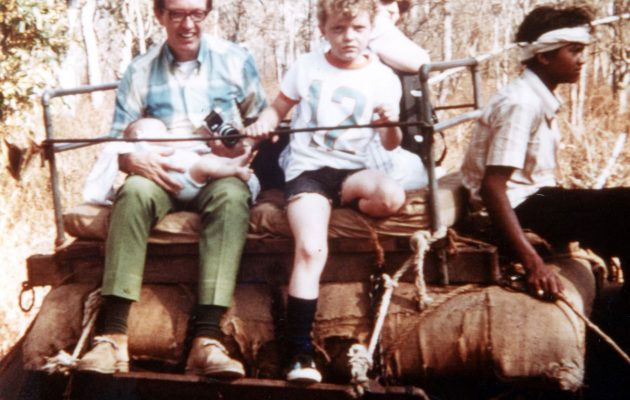
Reflecting on a 50-year career filled with medicine and ministry
Reflecting on his 50 years as a hospital administrator for Baptist hospitals worldwide, Bill Mason realized his career was the perfect mix of medicine and ministry.
The San Marco resident has held leadership positions at Baptist Health in Jacksonville for 40+ years, from 1978 until October 2020. During that time, he kickstarted and oversaw the growth of Baptist Medical Center – Jacksonville from a small city hospital into a much larger regional health system in Northeast Florida.
Mason credits his highly successful career to the influence of his two grandfathers who lived in Fairhope, Alabama, where he grew up – Dr. William C. Mason, a dentist and a pharmacist who served as temporary town doctor when the only physician was called away during World War II, and Rev. Dr. William H. Evans, former pastor of First Baptist Church.
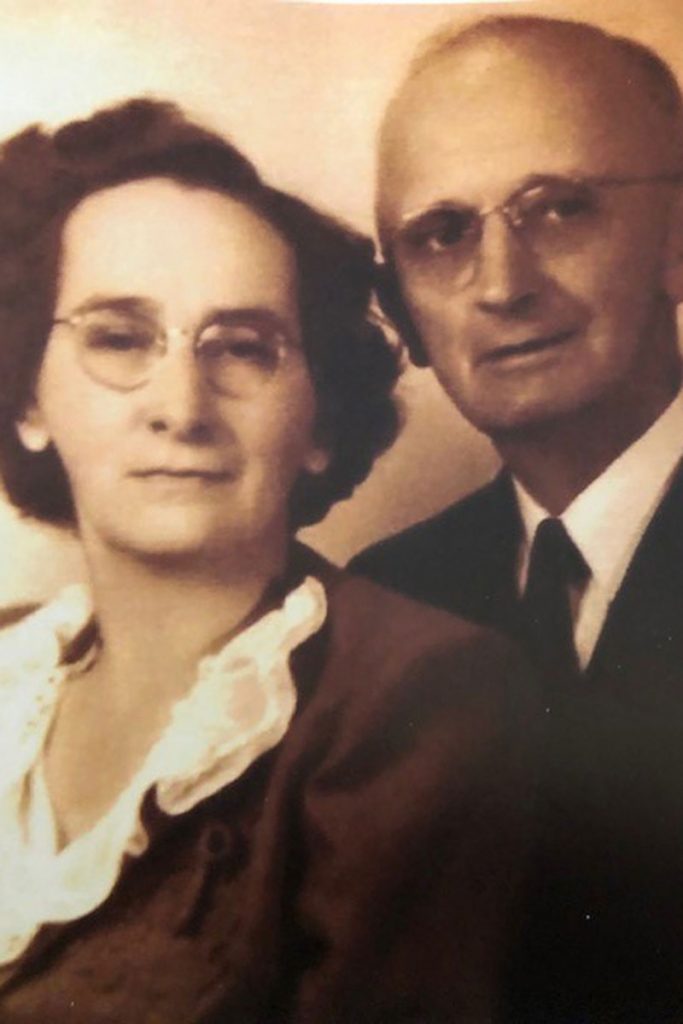
“When I went away to college at the University of Louisiana in Lafayette, my two grandfathers sat me down because I couldn’t decide what I was going to be,” Mason recalled. “They said, if you don’t know if you want to go into medicine or ministry, study pharmacy and that will buy you four years until you decide what you want to do.”
Knowing there was not a “snowballs chance” that he would enjoy a pharmacy career “typing labels for little bottles,” Mason received an epiphany after hearing a lecture by Raymond C. Baumhart, SJ, president of Loyola University in Chicago.
“He said the word administration derives from two Latin words Ad and Ministrare, which means to serve and to minister, as in hospital administration, which I had never considered before. He said in the Catholic Church the Pope’s role is to serve the servants who are the nuns and priests who are then serving Christ’s children, and it goes back to the Bible where Jesus said ‘he who would be chief among you must first be your servant.’ He said, the same is true in hospitals. The CEO is the servant of the servants of the hospital – doctors and nurses, technicians, pharmacists, lab workers, housekeepers, and dietary workers. The hospital administrator as the chief executive really means you are the chief servant of the servants, if you do it right,” he said. “I looked at it that way, and that was the cornerstone of my whole career.”
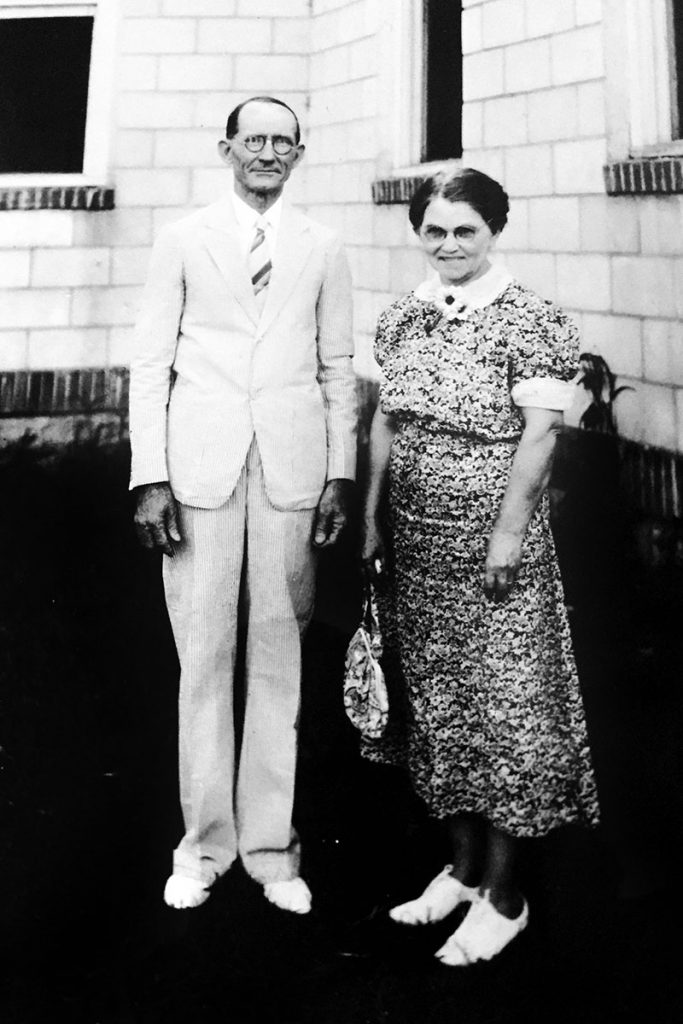
Married to his first wife, Mona, and with two babies to provide for after his college graduation, Mason was trying to figure out how he could afford to get a master’s degree in hospital administration, when, thanks to the recommendation of Baumhart, he was offered the opportunity to join the State Department’s U.S. Agency for International Development as a foreign service officer in Manilla, Philippines. His assignment was to assist in rebuilding the country’s hospitals and medical schools. During 1966-1969, as part of the Southeast Asia desk, Mason was also sent to South Viet Nam as a civilian advisor.
As an aide-de-camp to Ambassador Sterling J. Cottrell, he ferried important dignitaries such as Sen. Ted Kennedy to view refugee camps, a role which was often fraught with danger. “I never went out in the boonies or even shaved in the morning without my .45,” he said, noting the Viet Cong tunneled under the barracks and were on the verge of sneaking in to cut the Americans’ throats when the tunnel was inadvertently discovered by the Marines.
But it was during the Tet Offensive, when Mason’s village was mortared that he had his second “life-changing” experience.
Before his eyes, small children were brutally injured, and Mason’s role was to serve at Can Tho Hospital as the triage officer deciding who would receive treatment and who would be left to die. “One little fellow lost his leg. Another was blinded and lost his arm, and there was this little girl, Troung Minh, whose left arm was so badly mangled the only way to save it was to take skin from her abdomen and graft it onto her arm,” he recalled, adding that the brilliant Army surgeon who saved the little girl’s life was Dr. Herschel Douglas, a man who much later became chief surgeon at Jacksonville’s University Hospital. “When Dr. Douglas died, his wife asked me to do the eulogy,” Mason said.
“There were 197 casualties. People were bringing handcarts full of bodies with people dead and alive and just dumping them in front of the hospital and then running back to get more. One young woman was pregnant. Her leg was missing, and she was bleeding to death but in labor and I had to decide which pile to put her on. We took her into the hospital to have her baby. The baby lived, but unfortunately, the mother died,” he said.
The traumatic experience earned Mason the Meritorious Service Medal and led Mason to decide it was time to pursue his masters in hospital administration. Through his military connections, Mason was able to receive a scholarship to Trinity University Hospital in San Antonio, Texas, where he received his degree and did a residency at Baptist Hospital in Beaumont, Texas. Beaumont is where he learned of opportunities in hospital administration in Baptist Mission Hospitals around the world. “This is where my 50 years started, right there,” he said.
Although he was invited to remain on the staff in Beaumont, Mason decided to become chief executive officer of a Baptist hospital in Africa. “Seeing those kids injured in Can Tho during the war really shook me to the core, and I thought, I’ve been through all this with people killing each other, I think I need to go spend my life helping poor people and the children in those countries,” he explained.
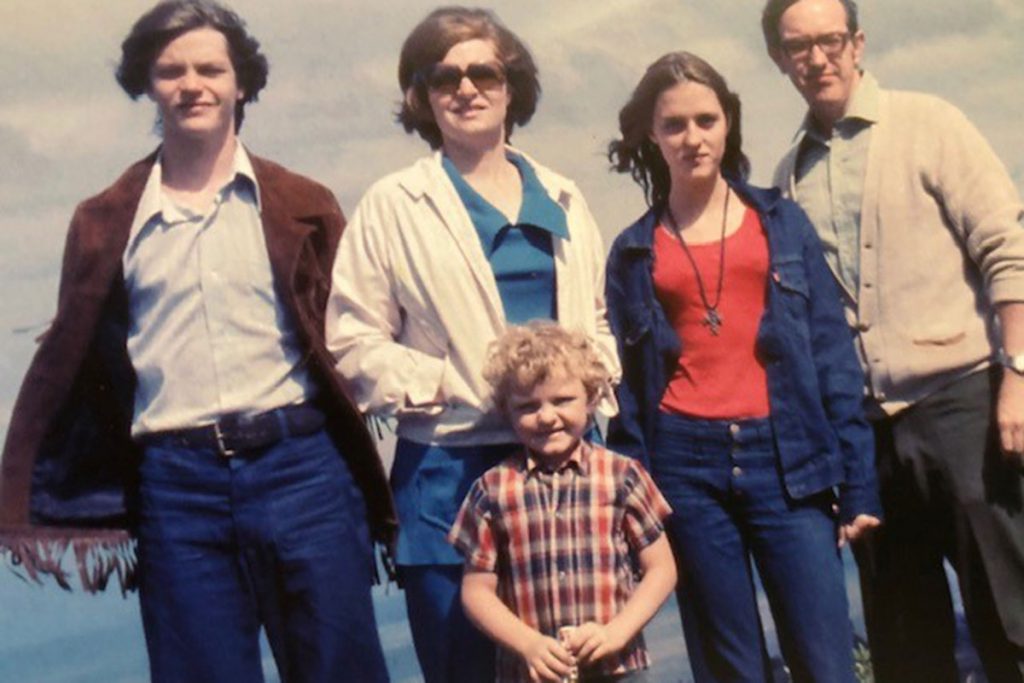
To get initiated into Baptist hospital mission work, Mason first attended Southwestern Baptist Theological Seminary, where he took courses in Christian ethics and Biblical archeology. He also received cultural and language training at the Baptist Mission retreat at Calloway Gardens in Georgia, and at Brackenhurst Conference Center, an old British Hotel in Nairobi, Kenya, where he spent eight months learning Swahili.
In his four years heading Baptist Hospital in Tanzania, Mason was responsible for the care of 380 patients. Food was often scarce, requiring him and a crew to head out in two Land Rovers onto the plains of Serengeti, where he would shoot six to eight animals, such as impala, to feed his family and patients. “It wasn’t really hunting because the animals were just everywhere,” he said.
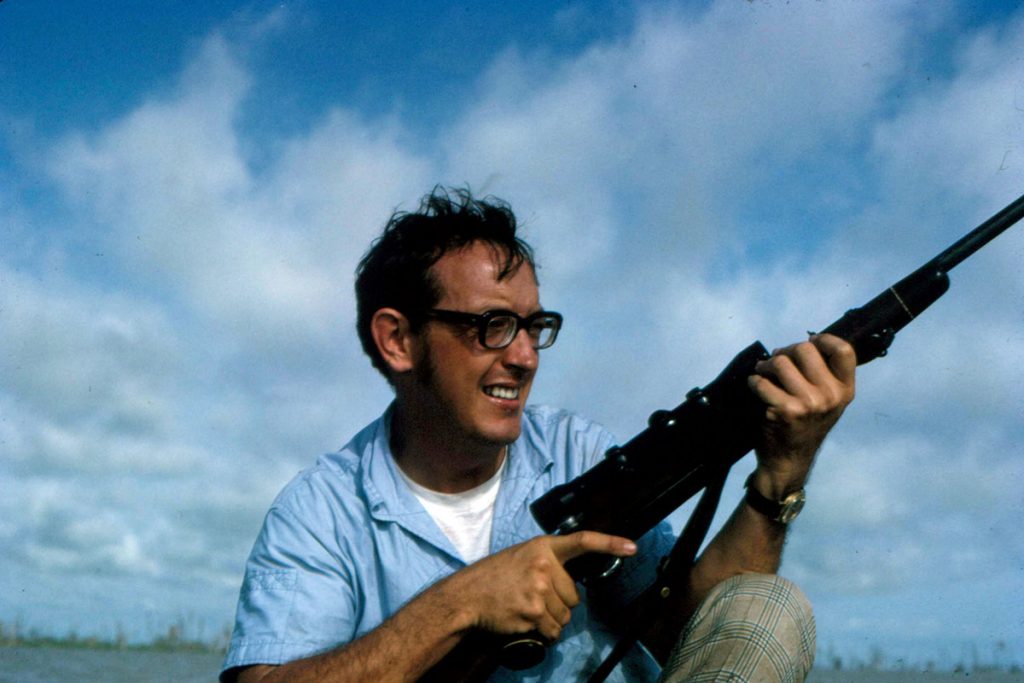
Wanting to provide a turkey dinner for his family during their first African Thanksgiving, Mason recalled heading out in search of the iconic bird. When he realized there are no turkeys on the Serengeti, he shot an ostrich instead. “I had no idea how big they were,” he explained. “We spent half a day field dressing it, and it took four of us to pick the carcass up and put it on the Land Rover. It weighed 300 pounds.” Because of the bird’s size, his wife was unable to cook it in the house, so he steamed it in the hospital’s autoclave sterilizing unit and carved off the meat. “We doctored it up, but it was not edible. The patients wouldn’t eat it, and the German Shepherds we had to guard the hospital wouldn’t eat it, so we ended up just burying it,” he remembered.
After four years in Africa, Mason was called to Bangalore, India in April 1974, where he oversaw the construction of a new Baptist hospital. The President of India was present at the hospital’s dedication, and Mason’s youngest daughter, Holly, was the first American child born within the medical facility.
During this time, Mason was also called to serve as a regional consultant for Baptist hospitals in Yemen and Rhodesia, two locations where he was called to fill in as CEO after hospital administrators were murdered by terrorists as they performed their work.
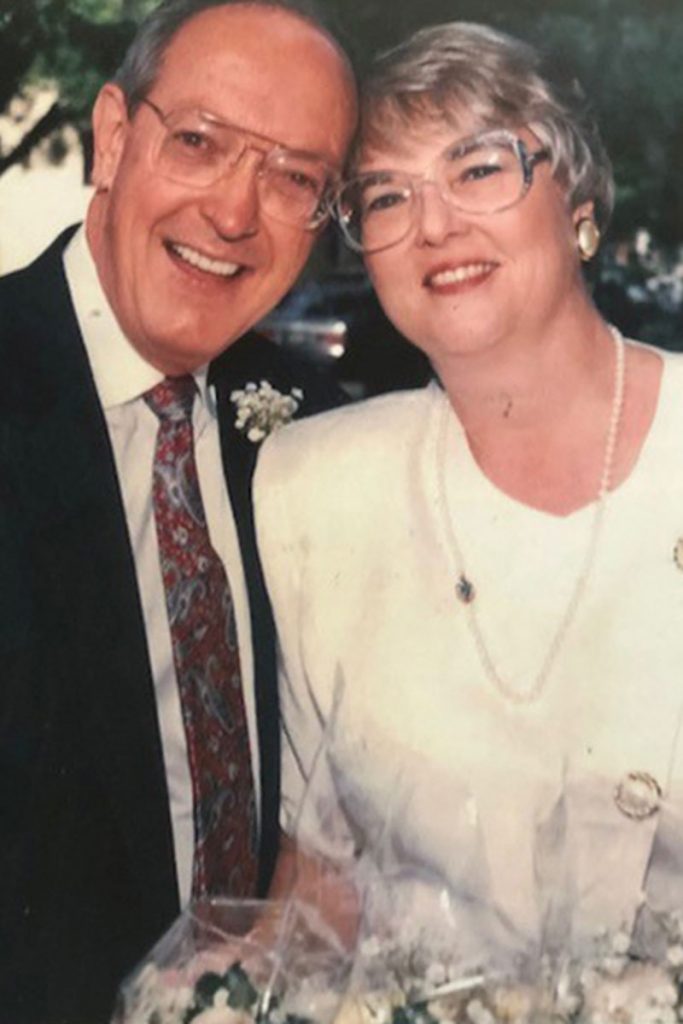
Mason later returned to the United States and was working at a hospital in Alabama, when his aunt, Lois Smith, an active member of Hendricks Avenue Baptist Church, asked him to speak to her congregation about his hospital work. During that visit, on December 2, 1977, his third life-changing experience occurred because Dick Malone, the new CEO of Baptist Medical Center Jacksonville just happened to join the church that Sunday.
“He had been here a few weeks and had already decided he was going to clean house and build his own team,” Mason said. “After church that day, Dick invited me to come down to the hospital and have lunch with him, and the rest is history.”
As chief operating officer, Mason ran Baptist Medical Center while Malone served as CEO and chairman of the board, working closely with the Southern Baptist Convention, which owned the facility. Later Baptist legally separated from the Convention. After two or three years, Mason officially became CEO when Malone died of leukemia in the early 1980s.
Since then, Mason has shepherded Baptist and its extensive building programs. It was his vision to bring the first Life Flight Program to Jacksonville. “That came out of my experience in Viet Nam,” he said, noting the air ambulance had ferried 22,000 patients over 37 years without an accident. During his tenure he built the Pavillion, an obstetrical hospital in 1985, the Baptist Cancer Center and Eye Institute in 1986 (which is now the Hill Breast Center), the Jacksonville Orthopedic Institute which housed 32 surgeons in 1987, Baptist Hospital at the Jacksonville Beaches in 1988, Baptist Hospital in Nassau County in 1989, Wolfson Children’s Hospital in 1993, a 225-bed Heart Hospital in 2001, and the Baptist South Hospital in 2003. “I built just about one a year,” he said.
Mason also set up the Baptist Foundation in 1985 and its $23 million Campaign for Construction to build Wolfson and considers the children’s hospital’s ribbon-cutting one of his finest hours. He is proud First Lady Barbara Bush was able to attend the Oct. 23, 1993 ceremony, joining his mother, Sybil Evans Mason, and his second wife, Juliette, then head of the Baptist Foundation, who he married in April 1993. The children’s hospital, which is adjacent to Baptist Medical Center, represents a Children’s Health Consortium between Baptist, Nemours Children’s Specialty Care, and University of Florida Medical School Jacksonville.
From its inception in 1985 to 2018, the Foundation has built an endowment of more than $100 million, he said proudly. Baptist Health also donated the first radio-equipped ambulance in Paraguay to the Baptist hospital there.
Also, during his tenure, he bought four city blocks of San Marco homes so that Nemours and Ronald McDonald House could be built in close proximity to Wolfson. And Mason joined Jeff Wadsworth of Nemours in placing the golden spike on the glass skybridge that connects the children’s hospital with Nemours across I-95.
Mason took the lead during Baptist’s 1995 merger with St. Vincent’s Hospital, where he served as President and CEO of the Baptist/St.Vincent’s Health System, which grew to 1380 beds, 12,000 employees and eight hospitals, the biggest health system in the Southeastern region. The merger lasted until 2002 when the Daughters of Charity sold St. Vincent’s to Ascension Health.
Also inspired by his two “doctor” grandfathers, Mason had on his bucket list to earn a doctorate of his own. He entered a doctoral program at the University of North Florida in 1997 earning a degree in Health and Education Leadership in 2002, and taught hospital administration in UNF’s graduate school for several years receiving the College of Education and Human Services “Alumnus of the Year” award in 2005.
Officially retiring from all Baptist boards and committees in October 2020, until that time, Mason continues to serve on four different Baptist Health boards of directors – the Foundation Board, as chair of the Baptist AgeWell Institute, and on the boards of Social Responsibility and Community Health. “Right now, I’m still working at Baptist. I’m there every week,” he said.
Mason said he often thinks of Winston Churchill’s words when he reflects back on his career: “To each in their lifetime comes a special moment when they are tapped on the shoulder and offered a chance to do a very special thing, unique to them and fitted to their talents. What a tragedy if that moment finds them unprepared for that which could have been their finest hour.”
“With the support, encouragement, and love of my family, I was prepared when that special moment came in my life. I am humbly grateful,” he said.






